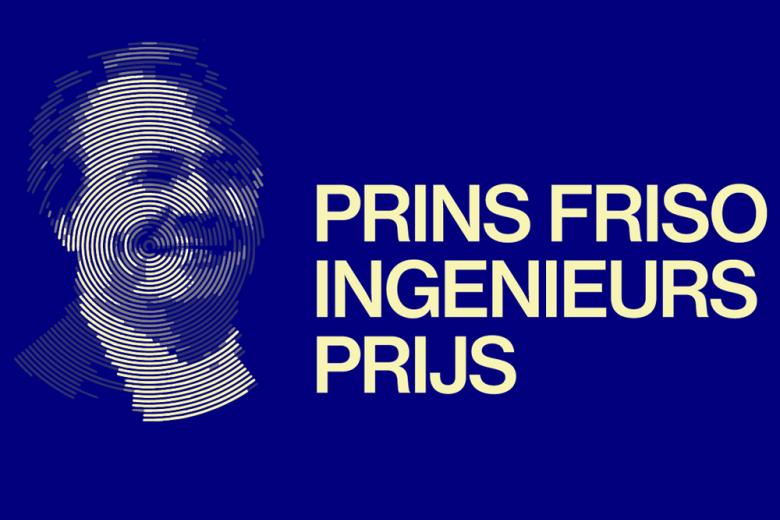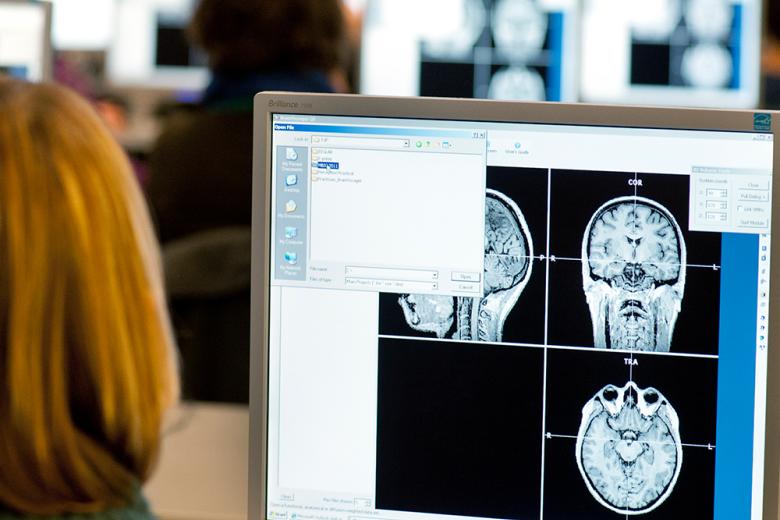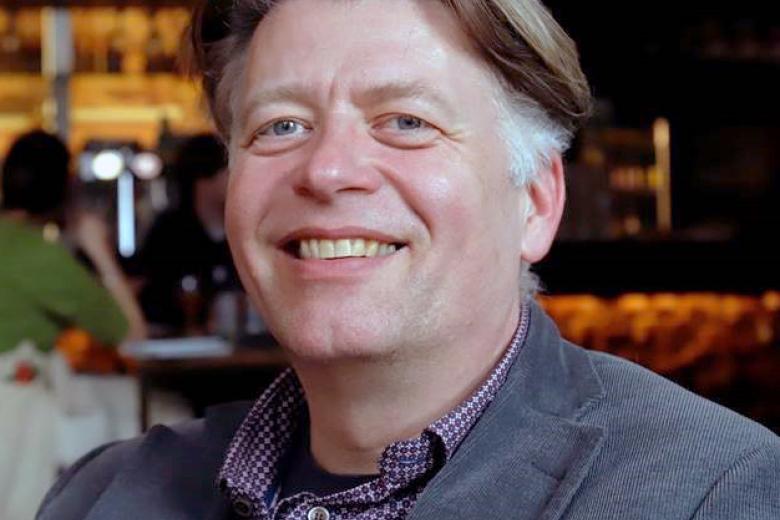Faculty of Science and Engineering launches science communication training, support and funding programme
As of right now, FSE researchers can apply for one of five spots in the Science Communication Incubator: a brand-new pilot programme covering both theoretical and practical aspects of science communication. The programme’s aim is to foster and support a group of researchers that bring science communication skills and knowledge into their teams.
The Science Communication Incubator is a one-year pilot programme consisting of three elements. At the start of the year, a masterclass series helps researchers design a project plan according to best practices in science communication and covers relevant theoretical frameworks, developments, and networks. Participants then receive €5000 to implement their project plan. At this point, a personal mentor – a professional in a communications field relevant to the project at hand – steps in to provide additional advice and access to their network.
Recognising, rewarding, and supporting
FSE vice-dean Ralf Peeters: “Science communication is an important way of extending the impact of our faculty's research. Many FSE colleagues already do great things in this area. We value this contribution, and we feel that we all benefit from providing resources and training.”
The faculty’s science communications advisor, Dieudonnée van de Willige, recognizes this benefit from her experiences as a PhD student. “I engaged in lots of science communication during my PhD research. However, I could have been more impactful if I had known about professional resources and tools. The Science Communication Incubator is designed to get this kind of knowledge to researchers that are active in science communication, and to embed this expertise within the various departments of our faculty.”
Embedding science communication: a national conversation
The pilot programme fits in a broader discussion around better embedding science communication into research practice. Earlier this year, the Gewaardeerd! programme of KNAW (the Royal Netherlands Academy of Arts and Sciences) presented an investigation into the needs of communicating researchers. As it turns out, there are still a number of hurdles to address.
FSE dean Thomas Cleij: "Empowering colleagues who are passionate about science communication feels like a logical next step for us. They play an important role in our faculty. At the same time, support and resources for these kinds of activities are still sporadic. We hope to start changing that with this pilot programme and I'm looking forward to the projects that will come out of it."
More information
Also read
-
Maastricht University nominated twice for the Prins Friso Ingenieursprijs
Kim Ragaert, Professor of Circular Plastics at Maastricht University, is one of three candidates for the Prins Friso Ingenieursprijs 2024. The same goes for the SublimStone student team. As finalists, they have a serious chance of being awarded the title of Engineer or Student Team of the Year by the...
-
Digital neuroscience research at EBRAINS receives a €38 million EU grant.
Researching the brain is as complex as the brain itself and thus requires an elaborate research infrastructure. EBRAINS aims to create such an infrastructure, enabling scientists to unravel the workings of our brain.
-
Plasma for a more sustainable chemistry
Prof. dr. ir. Gerard van Rooij will deliver his inaugural lecture titled "Out of Balance" on 02 June. With this lecture, he officially begins his tenure as professor of plasma chemistry at Maastricht University.